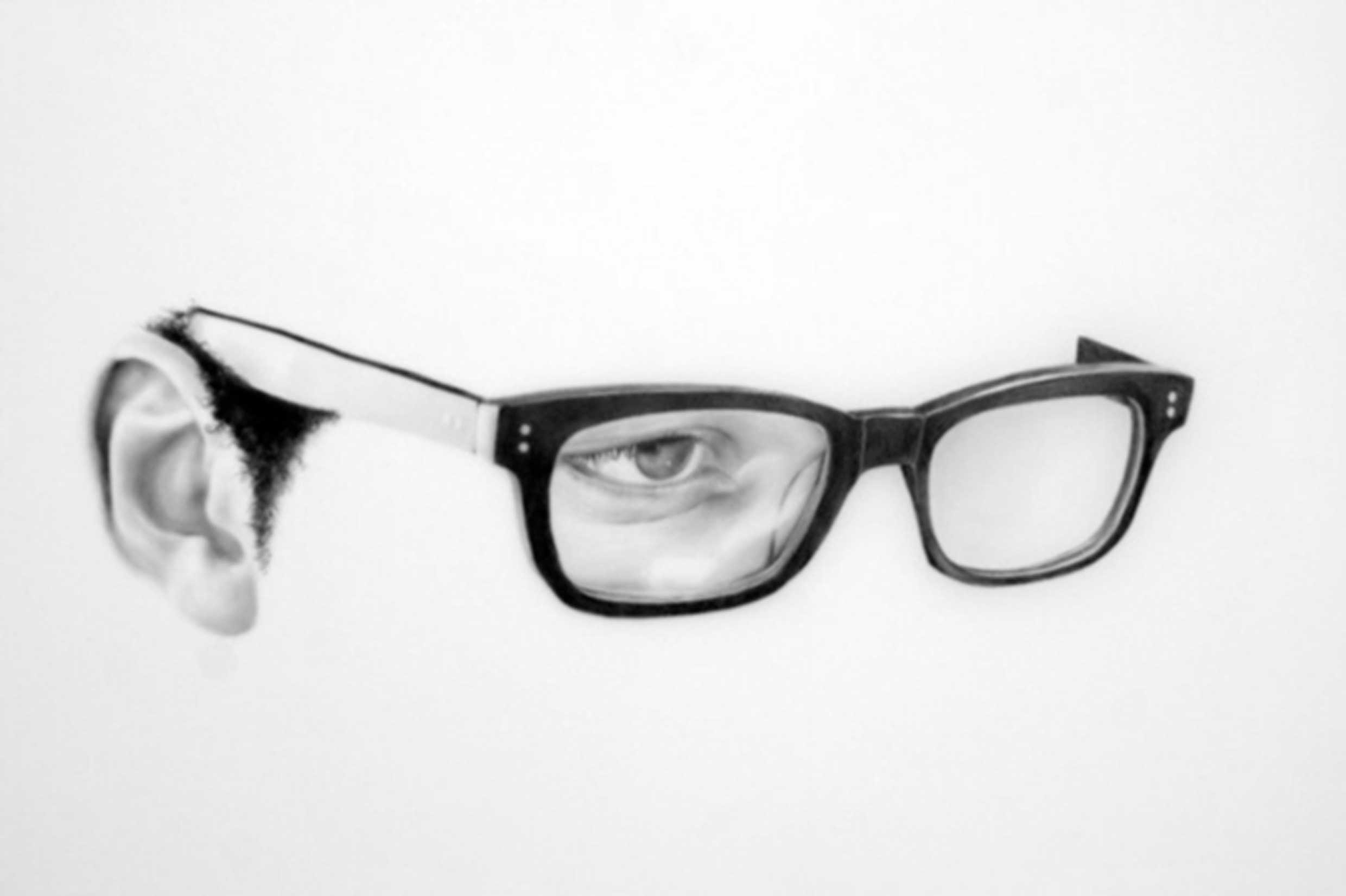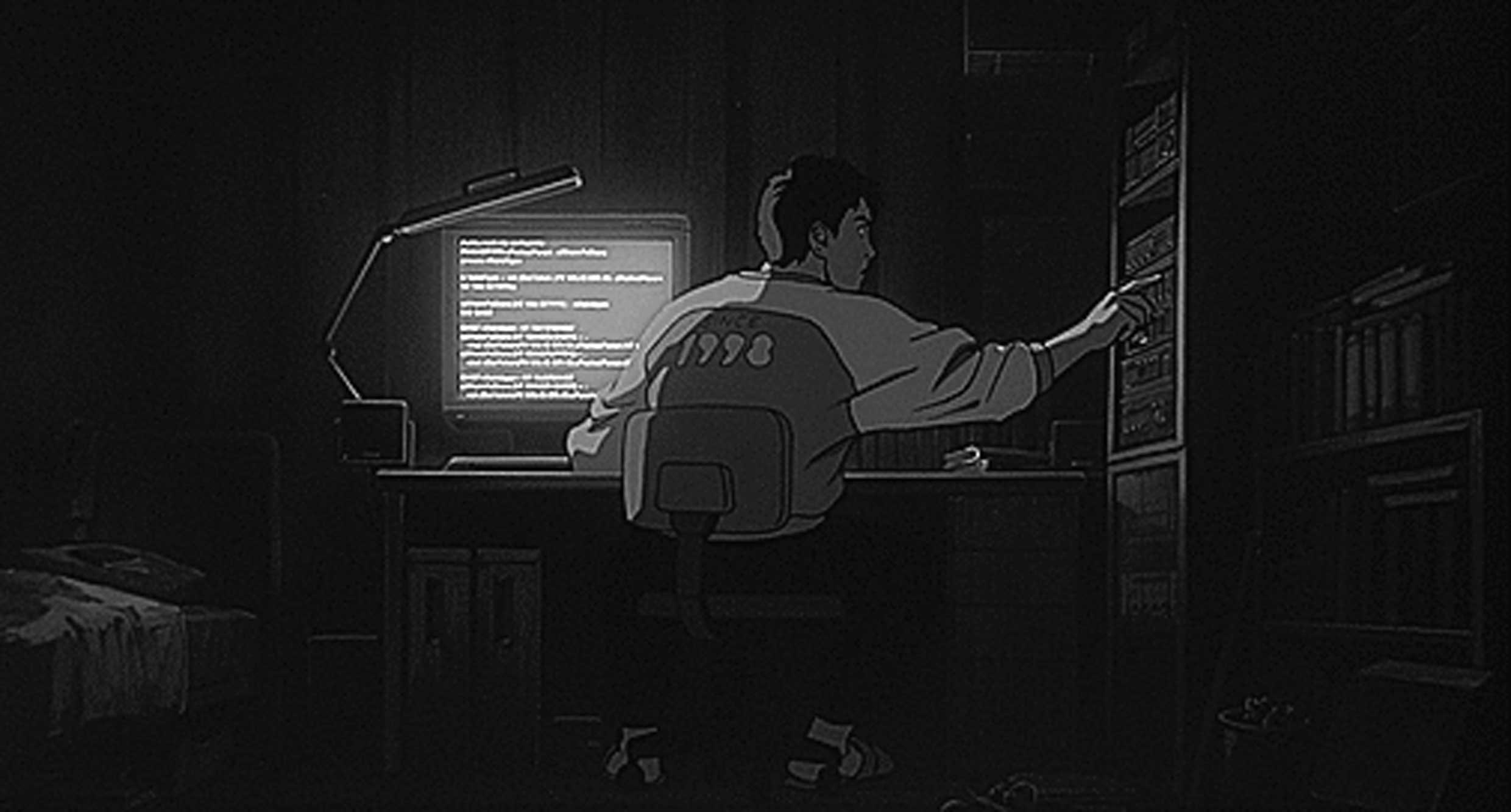Creativity starts in our memories. In relating two unrelated memories, something completely new is born. With that in mind, you’d think that computers would be brilliant creatives, since they have seemingly limitless memories. However, to become a Creative AI, they must go against their own source code. Only then will we uncover the first critically-acclaimed AI Filmmaker, AI Artist, or AI Poet.
Creative AI is Live
A couple of researchers at Stanford University and Intel discovered a breakthrough in computer vision when their algorithm began creating street views which it has never seen before.
Trained on 3,000 images of German streets, this Creative AI learned all the components that make up an average city street. It was then prompted to create one of its own, which it called upon memories to piece together; really no different than you or I drawing the street we grew up on.
Although, there was one distinct difference. The street this Creative AI made doesn’t exist anywhere in the real world. In other words, it imagined its own version of a street.
Qifeng Chen, one of its creators, says this Creative AI achieved this through a sort of “painting by numbers” technique. You know, like those coloring books we had growing up that told us where blue or green goes in the picture. It’s just like that except the colors are replaced by objects such as trees, cars, signs, etc…
In other words, they may have just created a computer that can be creative – what most people thought was the only leg up we have on machines. The implications of a computer that can visually create whatever we dictate are unbelievable. Creating video games would be a breeze. Virtual Reality might finally take-off.
Right now, the AI’s vision is quite blurry and could use some prescription glasses. But this will get better with time.
Once it gets these photorealistic qualities down, I think the big-time application would in the film industry, as the first AI Filmmaker.
Make her an AI Filmmaker
In a way, the algorithm effectively learned how to create scenes of a movie. Although they may only be the elementary versions, there’s no reason they can’t improve over time.
For instance, there are surveillance cameras everywhere that capture real-time accidents. If this AI Filmmaker learned from every single accident that happened, it could create some Fast and Furious-like stunts (taking into account the ethical problems, of course).
The famous IBM Watson is actually an early-stage AI Filmmaker since it already created a movie trailer earlier this year that was frighteningly enticing. By analyzing the faces of the characters in particular scenes, it knew what emotions were in play. Then it analyzed 100 trailers and learned how exactly to entice viewers. Twenty-four hours later (with the help of an editor), it churned out a great trailer; a task that often takes ten to thirty days.
Along with that, Disney is working on an AI that can evaluate the quality of short stories and then predict the popularity of an ensuing movie; allowing them to speed up the script filtering process.
As more technologies are developed to augment filmmaking processes, the overall amount of entertaining video content will skyrocket.
Personally, I’m already behind on three different TV shows. I don’t know if I can handle more video content and I really don’t want to evolve my body so that I can watch movies in my head all day long.
So, how can an AI Filmmaker make a lasting impact?
Working with Spielberg
There are special moments in our lives we wish we could relive. The day you graduated from college. The first time you met the love of your life. Or perhaps where you were when the Chicago Cubs finally won the World Series.
Even though we are getting better at recording or capturing these moments, we sadly don’t have a video of every special moment. We do, however, have visual and emotional memories.
A Creative AI Filmmaker could help us externalize our memories, painting the scenes that we once experienced. At first take, it may get the scene all wrong. But, working side-by-side with this Creative AI to edit the scene until it was right would be promising.
For instance, my 94-year-old grandpa has the sharpest memory I know of. He can still list every English teacher, and I know he’d get a kick out of recreating (visually) the scene of his college English class since he tells me countless stories of it.
And I don’t propose this way as an escape to times of nostalgia. But, as a communal event. There’s no reason your whole family couldn’t get together and recreate your cousin’s wedding. Or, perhaps, you and your college friends could design the day you all graduated.
Reliving memories is the closest thing we have to travel back in time. And although it wouldn’t be the same, it’s a window of opportunity to remember joyful times with friends and possibly even better understand some of the bad memories you have.
This doesn’t replace living for the moment. Rather, it’s a way of reconnecting with the people we care deeply about. And isn’t that what this is all about?
Celebrating Others
I constantly find myself reverting back to my selfish default setting, worrying about my goals and thinking how I can get there. And while it’s sweet when I achieve these goals, I find the greatest joy in celebrating others’ successes.
If you are like me, you are surrounded by people that care about you and want what is best. If you are like, then you are a very lucky person and should find ways to spontaneously celebrate them.
Famous comedian and Civil Right Activist, Dick Gregory, unfortunately, passed away over the weekend, but he leaves us with a lasting quote: “One of the things I keep learning is the secret to being happy is doing things for other people.”
It doesn’t have to be a special occasion, just surprise them with a home-cooked meal, perhaps some flowers, or your best attempt at a poem. The perfect time to do something for someone else is right now.
I’d love to hear your thoughts on Creative AI and whether or not you’d employ the help of an AI Filmmaker. And thanks for reading this week’s Quick Theories!


